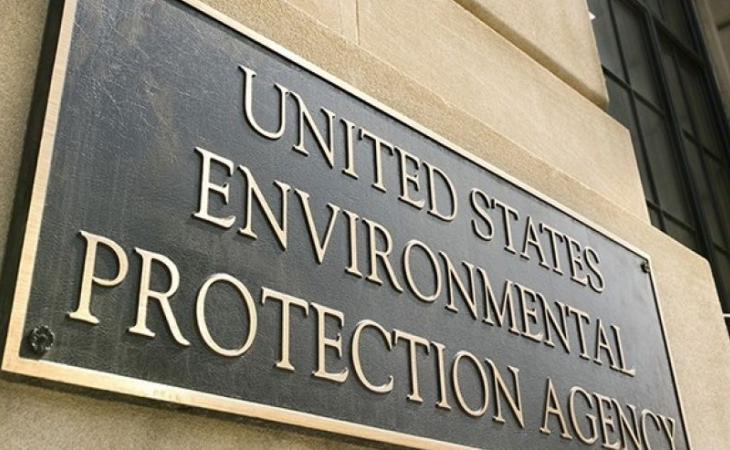This website uses cookies so that we can provide you with the best user experience possible. Cookie information is stored in your browser and performs functions such as recognising you when you return to our website and helping our team to understand which sections of the website you find most interesting and useful.
News
Inhofe Tackles EPA’s Risk Management Program Rule
U.S. Sen. Jim Inhofe (R-Okla.), senior member of the Senate Environment and Public Works (EPW) committee, has issued S.J. Res. 28 to prevent EPA from making changes to the Risk Management Plan (RMP) that would create new security concerns for manufacturers. Published just days before President Obama left office, the rule was developed in response to the West, TX fertilizer plant explosion on April 17, 2013, although, the incident was later found to be the result of arson. The rule has been called one of Obama’s “midnight regulations” that was rushed in before the president left office.
“Mr. President, in the two and a half months between the presidential election and inauguration day, the Obama administration produced over 200 rulemakings, 41 of which are considered economically significant rules—rules that will result in $100 million or more in annual costs,” Sen. Inhofe noted. “Over the course of his administration, President Obama added 481 economically significant regulations to the Federal Register, over a hundred more than Bush or Clinton. Regulations cost our citizens $1.89 trillion per year and more than 580 million hours of paperwork in order to comply with this staggering amount of rules.”
RMP provides new guidance for chemical accident prevention at facilities that use certain hazardous substances. The plan requires facility managers to publicly disclose the following information:
- Hazard assessment that details the potential effects of an accidental release, an accident history of the last five years, and an evaluation of worst-case and alternative accidental releases;
- Prevention program that includes safety precautions and maintenance, monitoring, and employee training measures; and
- Emergency response program that spells out emergency health care, employee training measures and procedures for informing the public and response agencies (e.g the fire department) should an accident occur.
Opponents of the rule, including chemical manufacturers, note the potential security risks of publicly disclosing sensitive information that could fall into the hands of potential terrorists.
“It is well known that terrorists have considered attacks on chemical facilities as a way to kill citizens and cause mass destruction to our communities,” Sen. Inhofe said. “Requiring the disclosure of this information to anyone who asks is reckless and impossible to understand. In fact, Congress has passed several bills to protect just this kind of information.”
The Vinyl Institute has joined a large coalition of industry groups calling on EPA to delay the RMP until the new Administration has thoroughly reviewed the rule. The coalition has also filed a Petition for Reconsideration of changes adopted to RMP.


